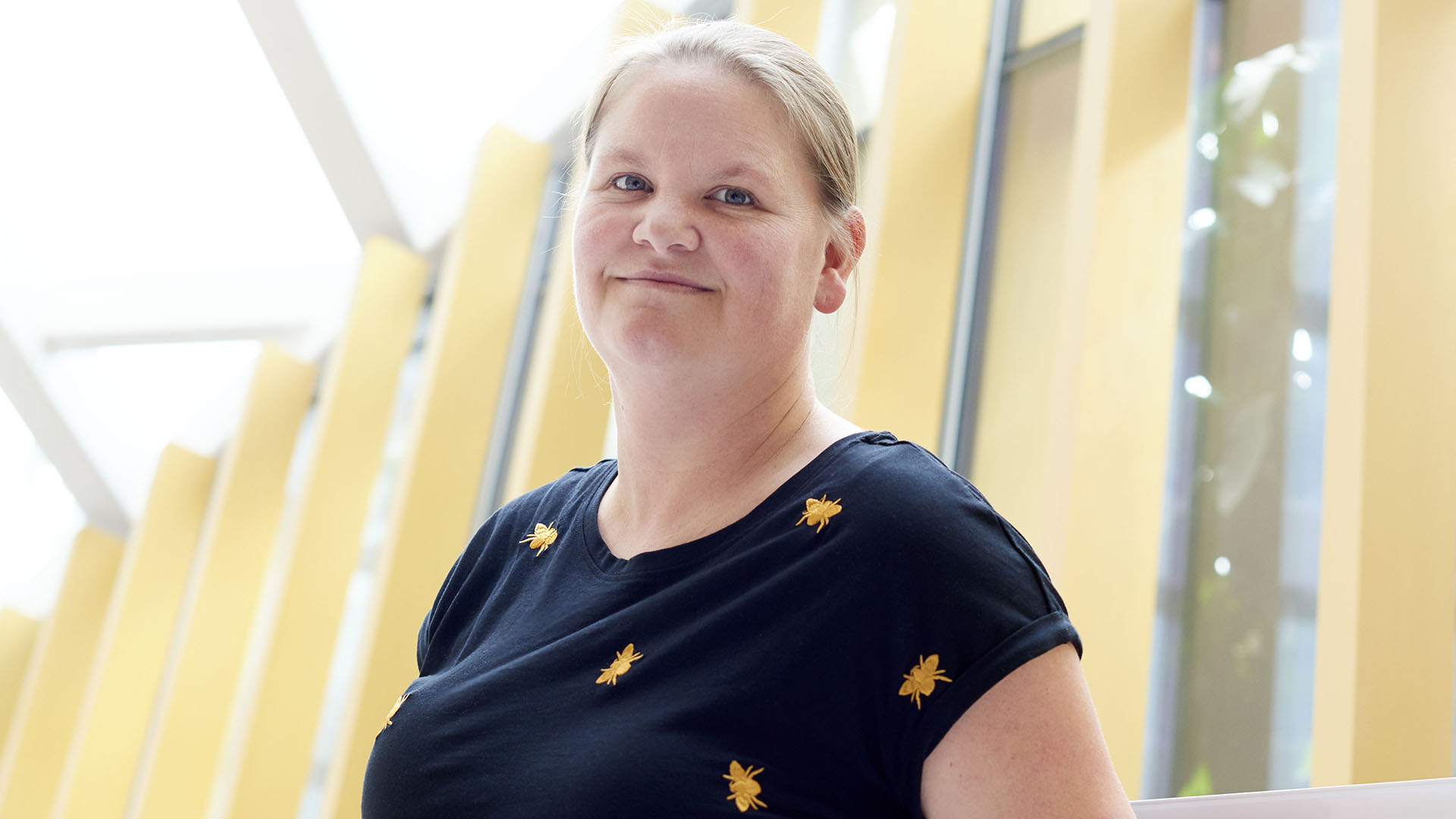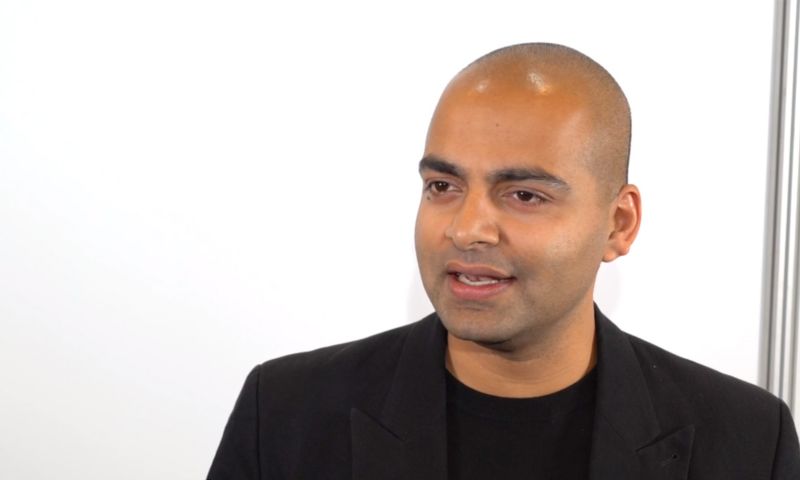

RMIT Technology Matters series: Future of Health and Social Care. What's next…
03 Jun 2020
01:00 PM - 01:45 PM
Live webinar

